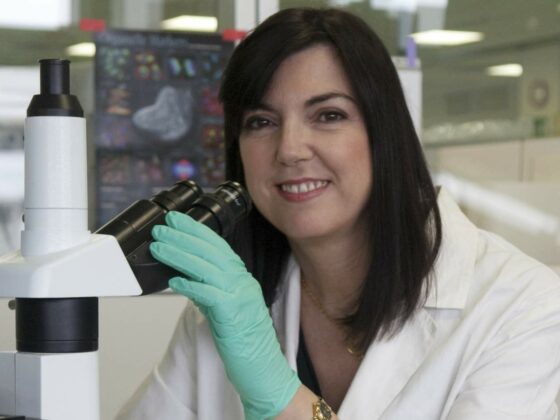Over half of men initially managed with active surveillance (AS) for ‘low risk’ prostate cancer switch within four years to definitive treatments (e.g., surgery or radiation therapy). The Canadian study, published in Urology, (20 August) provides real-world data on uptake and discontinuation of AS, as well as exploring factors influencing likelihood of treatment switching.
Active surveillance (also known as ‘watchful waiting’) is used to monitor slow-growing ‘low-risk’ or localized PC, with the aim of avoiding or delaying unnecessary treatment and its side effects. AS, which has become standard of care for PC worldwide, involves regular prostate-specific antigen (PSA) screening, prostate exams, imaging studies, and repeat biopsies. Despite most men with low-risk PC being managed in the community, limited real-world data is available on discontinuation rates outside of academic institution. In a recent systematic review of 45 real world PC treatment observation studies, only six studies reported rates of AS discontinuation.
In the current study, Antonio Finelli, from University of Toronto, Canada, and colleagues set out to evaluate changes in real-world initial AS uptake over time, rates of discontinuation and characteristics associated with uptake and discontinuation. Using Ontario health databases, investigators analysed 8,541 men diagnosed with low-grade PC between January 2008 and December 2014 and initially managed using active surveillance (mean age 64 years). The Ontario Health Insurance Plan (OHIP) physician fee code database was used to identify all PC-related interventions.
Results showed AS was the initial management strategy for 51% of men diagnosed with low-risk PC. Use of AS increased from 38% of patients diagnosed in 2008 to 69% in 2014. However, at a median follow-up of four years after PC diagnosis, 51% of men had discontinued AS and proceeded to definitive treatment (including surgery, radiation or hormone treatment). Of men who received definitive treatment after AS, 52% underwent radical prostatectomy, 34% radiotherapy (RT) with Androgen Deprivation Therapy (ADT), 6% RT alone and 4.7% with ADT alone. The median time to definitive treatment after initial AS was 16 months. The cumulative probability of remaining on AS was 85.2% at one year, 62.9% at two years, 58.0% at three years, 55.3% at four years, and 52.4% at five years.
On multivariable analysis, factors associated with AS discontinuation were younger age at diagnosis, higher comorbidities, treatment at an academic centre (vs non-academic), treatment by radiation oncologist (vs urologist), treatment by higher volume physician and/or institution, and worse disease characteristics (higher PSA, positive cores and maximum % core at diagnosis).
The long-term discontinuation rates reported in the study, write the authors, are significantly higher than those reported by single institution academic centres (discontinuation rates of 24-41%). “This has implications for patient counselling and setting realistic expectations,” they add.
The increased uptake of AS, they suggest, reflects greater comfort with concept, the adoption of guidelines and governing agencies supporting the approach.
To guide selection of AS over immediate treatment, the authors stress, the importance of developing more specific tests. “There is a dire need to develop robust tests such as biomarkers and advanced imaging to move the field beyond nonspecific measures (i.e., PSA) and invasive prostate biopsy. Competing health risks and patient characteristics should be combined with disease-specific traits to better select patients for inclusion,” conclude the authors.












